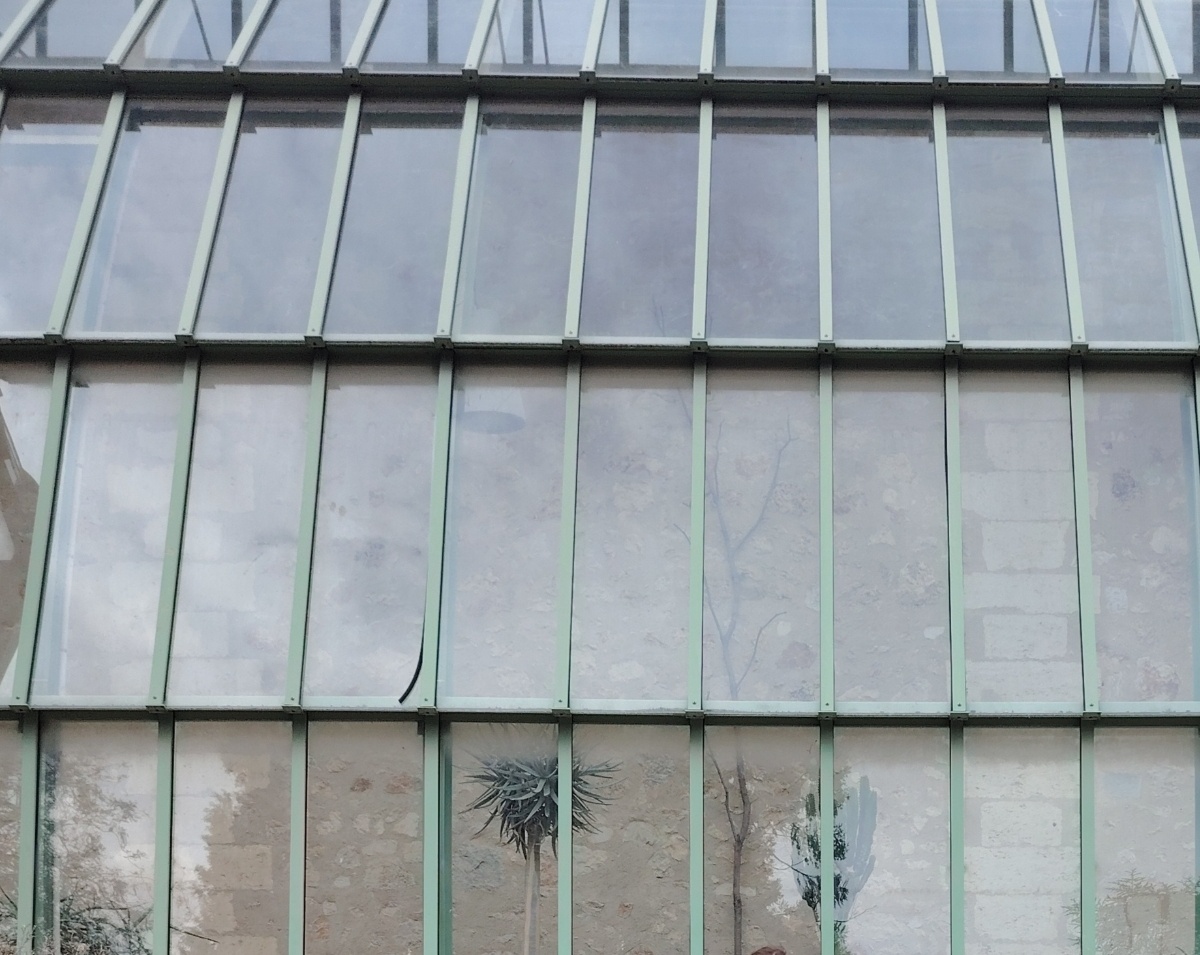Humanity on Sale. Outsourced Thought. And This Weariness of Self.
People often quote Hayao Miyazaki in that moment when he encounters an animation produced by artificial intelligence, and utters the line that’s become famous as an insult to life itself. Everyone jumped on that spectacle. But the line that truly matters isn’t the one making the noise. It’s the other, the almost whispered one: Humanity is losing faith in itself. He wasn’t just talking about technology. He was pointing to what happens when a society stops believing in the need for slowness, for attention, for those little inner gestures that shape thought.
What we’re living through now magnifies exactly what Miyazaki feared. We’re sliding into a world where inner experience is seen as redundant. Where reading a whole work is replaced by a summary. Where nuance gets traded for efficiency. Where thought is reduced to a technical product. And from there, it makes sense that we might hand over the most precious part of our mental life; in doing so, we also hand over the chance to surprize ourselves, to make ourselves laugh, to get angry at ourselves, to stir our own emotions. These little jolts are what allow the mind to stretch, subjectivity to thicken, and the inner life to keep beating.

Anthropologically, it’s a profound upheaval. Human societies rest on three pillars : the gesture that anchors our bodies in matter, the relationships that bind and shape us; and thought, which lets us create meaning, weave contradictions, and produce depth. When thought becomes a service we outsource , when reading is seen as optional, we stop exercising this vital muscle. We stop inhabiting our own ideas. We become consumers of understanding. And bit by bit, self-confidence fades.
The real danger isn’t that a machine thinks for us. The real danger is that we lose the ability to sense the moment we’ve stopped thinking. The moment reading becomes just a formality. When thought turns into a simulacrum. When depth is treated like an algorithmic product.
We have to allow ourselves slowness, density, opacity, the occasional detour. Because a humanity that stops believing in itself isn’t outpaced by technology: it’s simply forgotten itself.